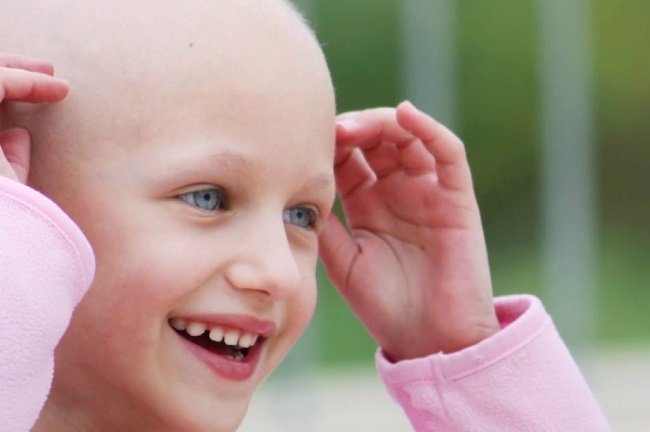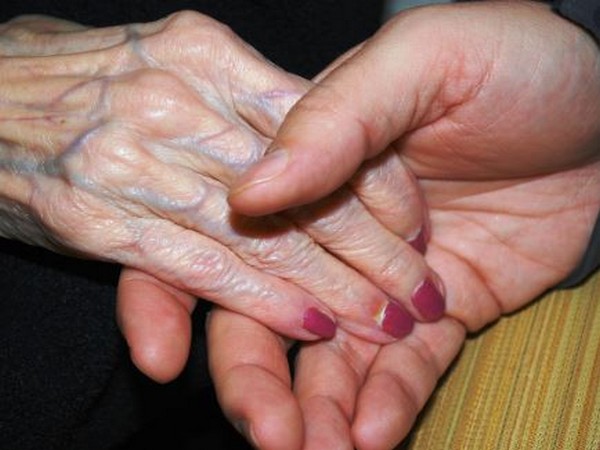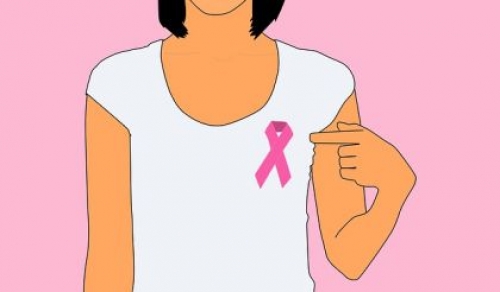 English
English

While young cancer survivors face medical and psychological challenges and lack self-confidence even years after their final treatment, new research suggests survivors who retell their story through photography can significantly increase their self-esteem and self-efficacy.

Washington DC: While young cancer survivors face medical and psychological challenges and lack self-confidence even years after their final treatment, new research suggests survivors who retell their story through photography can significantly increase their self-esteem and self-efficacy.
Two years after receiving their final treatments, 18 leukaemia survivors -- diagnosed as teenagers -- participated in the Framed Portrait Experience, an intervention which integrates therapeutic photography and re-enactment therapy.
Also Read: Researchers designs home urine test for prostate cancer
In the study by researchers at the University of Houston and the Catholic University of the Sacred Heart in Milan, Italy, where the intervention was developed, participants were empowered to express emotions connected to their illness in order to make meaning of their experience.

The results of the study were published in the Journal of Adolescent and Young Adult Oncology.
Working with a portrait photographer who was also a licensed social worker, the survivors chose three settings to take portraits that integrated meaningful objects and memories to represent their past, present and future.
Also Read: Study links inflammatory bowel disease to prostate cancer
Following the photoshoot, the pictures are printed and used during a clinical interview to guide the survivors' reflection about the changes they experienced as a result of cancer, and how those changes relate and integrate into their narrative of past, present, and future.

Young cancer survivors often feel isolated and distant from the experience of their healthy peers, according to the researchers.
Also Read: Blood tests can predict treatment for advanced prostate cancer
This easy-to-implement and low-cost intervention allows them a safe space to retell their story and promote self-efficacy. While the researchers acknowledge the small sample size, they said they are encouraged that participants now perceive themselves as better able to manage problems and more equipped to face obstacles. (ANI)